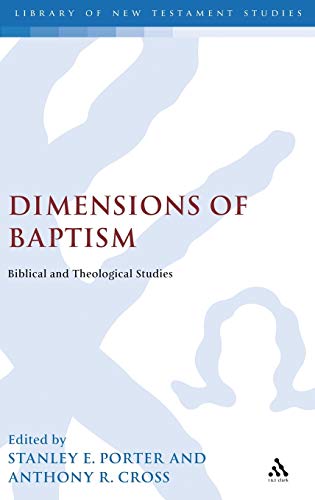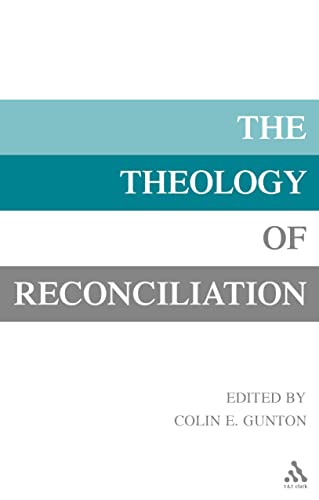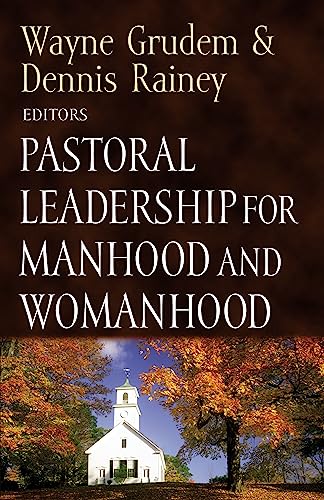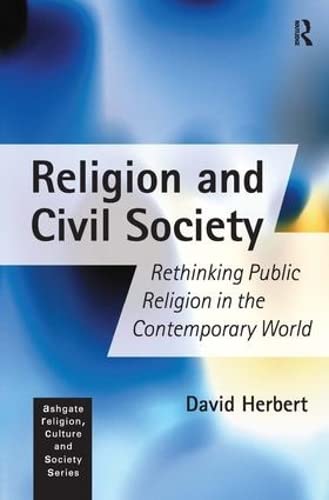REDEEMING TIME: THE WISDOM OF ANCIENT JEWISH AND CHRISTIAN FESTAL CALENDARS
Written by Bruce Chilton Reviewed By P. J. WilliamsWide-ranging, daring, and eccentric, this little work touches on such a variety of subjects that one can imagine it will be of interest to many. The opening chapter (‘Introduction: Finding Time’), engaging with James Barr’s Fundamentalism and The Semantics of Biblical Language, accuses Barr of various fallacies including ‘confusing Fundamentalism with historicism’ (16). Chilton seeks to rescue some post-Barr vestiges of Thorleif Boman’s Hebrew Thought Compared with Greek (9).
The second chapter (‘Wisdoms of Time in Ancient Calendars’) attempts to learn from the ancient calendars of Judaism and Christianity—calendars that are said to have had a very formative influence on both Judaism and Christianity.
Chapter three (‘Festal Judaism’) expounds the Pentateuchal Documentary Hypothesis before reviewing the major Jewish festivals. Chapter four (‘Festal Christianity’) likewise reviews early Christian festivals, though with less conventional conclusions:
Indeed, part of Christianity’s problem with time … is that the rhythm and interval that provide the experience of time with coherence and meaning are deliberately excised from the Gospels’ presentation (55).
Of Christianity’s festivals it is said: ‘the distinctive concerns of Jesus, Peter, and James seem to have crystallised around the major feasts of the temple (Sukkoth, Pentecost, and Passover respectively)’ (56). Thus, Chilton maintains that Jesus’ triumphal entry took place during or near Sukkoth, not before the Passover (57); Peter is obviously associated with Pentecost, and Chilton argues that since Paul was one of Peter’s students (cf. Gal. 1:18!) Paul’s concern with keeping Pentecost (1 Cor. 16:8; Acts 20:16) can be explained—even if this makes Paul inconsistent with his own theology (67); James is said to have sought to maintain the Jewish calendar of Passover. Chilton concludes:
The related issues of time, calendar, and eternity proved to mark principal contrasts between these great systems [Judaism and Christianity], two religions divided by a common commitment to the redemption of God’s people (88).
Chapter five (‘Conclusion: Breaking the Tyrannies of Time’) seeks to identify the main problems that have arisen in ecclesiastical observance of time, while the Epilogue maintains ‘Constraint was seen to stem from the dominance of time as interval over time as rhythm’ (111).
The argumentation is at times rather convoluted and Chilton’s reconstruction of early Christian approaches to time is clearly to be connected with his rather poorly supported view that ‘the Gospels do not trade in what we would call historical facts, although inferences may be drawn about Jesus and his movement from what they say’ (p. vii). Similarly he states, ‘the calendar of the early Church has vitiated the value of all the extant documents as they relate to the chronology of Jesus’ death’ (79): ‘The Gospels themselves are famously confused about time’ (93):
the compression of time represented by the Gospels, as well as their focus on the feast of Passover, marks the very purpose for which the Gospels were produced—not any attempt to write literal history (94).
Coming, as he does, to the conclusion that the evangelists are not even trying to deal in historical facts allows Chilton a rather free reign in his reconstruction of matters of time in early Christianity. Following on from positions already put forth in his book Rabbi Jesus the author argues that John the Baptist’s death was in AD 21, that Jesus’ ministry had begun by AD 27, and that Jesus’ execution was in AD 32.
Many will find this book stimulating. However, it does not show enough good judgement to be of great benefit to undergraduates.
P. J. Williams
University of Aberdeen







